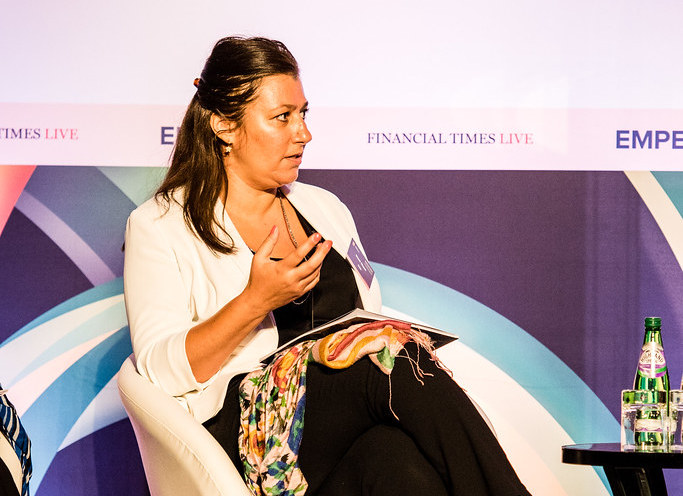ImpactAlpha, May 30 – Which is the better use of money – treating disease in Africa, educating youths in Latin America or replacing carbon emissions in Asia?
This is not a hypothetical question. It’s the kind that managers of family offices, pension funds and other institutions will need to answer as part of their fiduciary duty – a legal responsibility, equal in weight to assessing the likely risk and returns of investment opportunities.
But, where to begin? The first step is to acknowledge the issue. Investors for many years have demanded that managers ensure assets held in their name don’t cause environmental or social problems and are well governed. Now, there is growing pressure on wealth managers to not only ensure against the bad stuff like pollution and exploitation; they must also look for investments that positively benefit the world.
Common principles
A recent poll showed that, given the choice, most people would want their pension or other savings to be used in investments that positively impact society and the environment. Realization that competitive investment returns can coexist with positive social and environment benefits has made impact investing the fastest growing asset class, more than doubling in funds under management in the past year to over $500 billion.
A continuation of this trend in coming years would put us in reach of the $6 trillion that the United Nations estimates is needed to achieve its 17 sustainable development goals, including zero hunger, good health, clean water and sanitation, quality education, and affordable and clean energy.
But continued growth demands that the industry finds a common way to recognize, measure and compare impact in precisely the same way that investors use standard investment metrics to gauge likely financial returns.
This is the rationale behind an 80-page document published last month by the World Bank’s International Finance Corporation, laying out principles that define impact investment. Sixty asset managers and institutional investors have adopted the IFC’s ‘Operating Principles for Impact Management,’ committing to apply the framework in their investment process and reporting.
Global investment firms adopt IFC principles seeking a market standard for impact investing
Impact comparables
Key among the IFC’s nine principles is No. 4: “Assess the expected impact of each investment, based on a systematic approach.” This approach must align with the IFC’s framework and be independently verified. For a road map on how to design such a system, we have the Sustainable Development Goals, or SDGs.
Our first step is to define up to five expected benefits from the investment in alignment with the SDGs. We then assess whether the impact is likely to be marginal and short term, or deep and enduring, which would achieve the highest score of five. Next, we look at how many people will benefit and the extent to which they had been under-served. Then we weigh how vital the investor or management team is to achieving the positive outcome. The total of scores for each step is then multiplied by either 5, 3 or 1, depending on whether the benefit is core, ancillary or peripheral to business objectives.
In this way, we have been able to determine that our portfolio company treating disease in Africa was the most impactful at the time of our investment, but that we’ve been able to add greater impact over time to our education investment in Latin America. The company replacing carbon emissions in Asia was the least impactful at the time of our investment, but is now the most.
In line with the IFC’s principles, the scores assigned by our in-house responsible investment team must be supported by referencing proof points from available data, and then independently audited by a recognized third party institution.
Single standard
Right now, impact investors are in the crucial phase of consensus building. We have made our methodology publicly available and welcome challenge, discussion or adoption by our peers because we believe this is a rare moment to seize.
A single coherent, verifiable standard for measurement will expose ‘impact washing’ – the biggest threat to building investor trust – and boost assets to a point where we can plug the financing gap to achieve the SDGs.
Ultimately, for impact investing to achieve its potential benefits for the world, what truly matters is for the industry to adopt a single measurement standard that makes it as easy for investors to compare impact as investment returns.
Shami Nissan is head of responsible investment at Actis. She is a member of the sounding board of the World Bank/ IFC’s operating principles for impact management.











